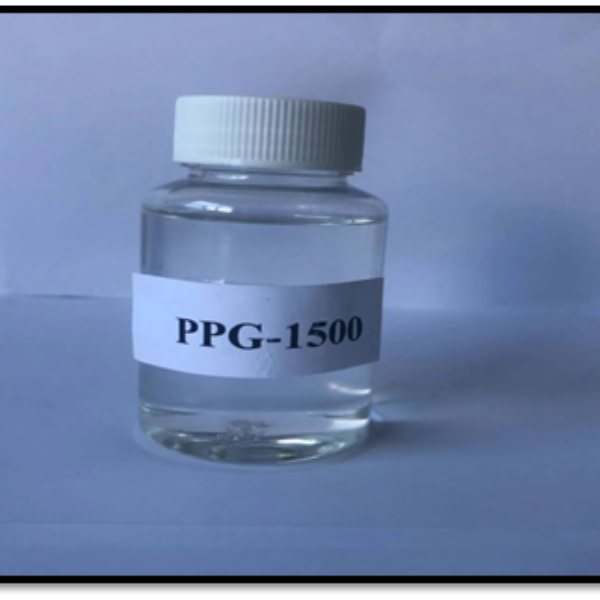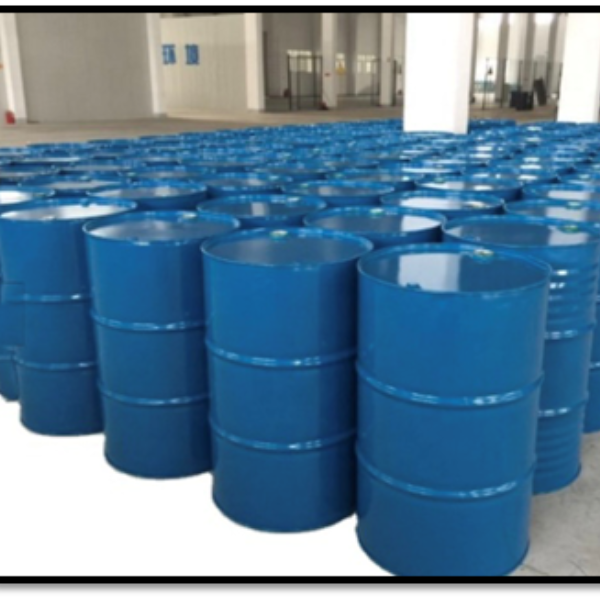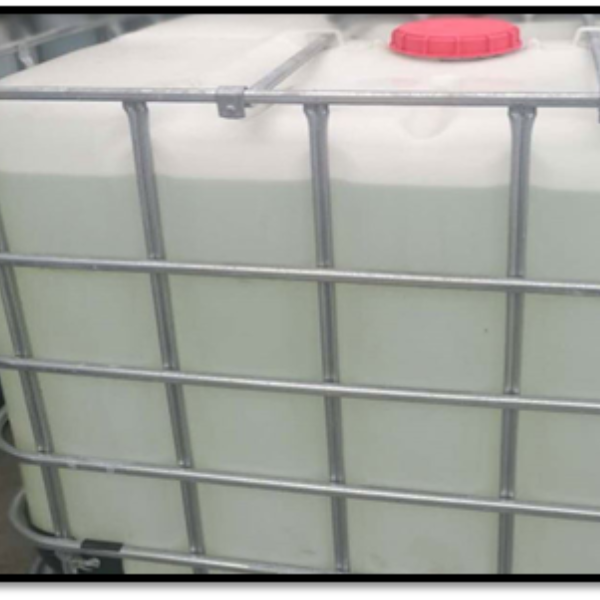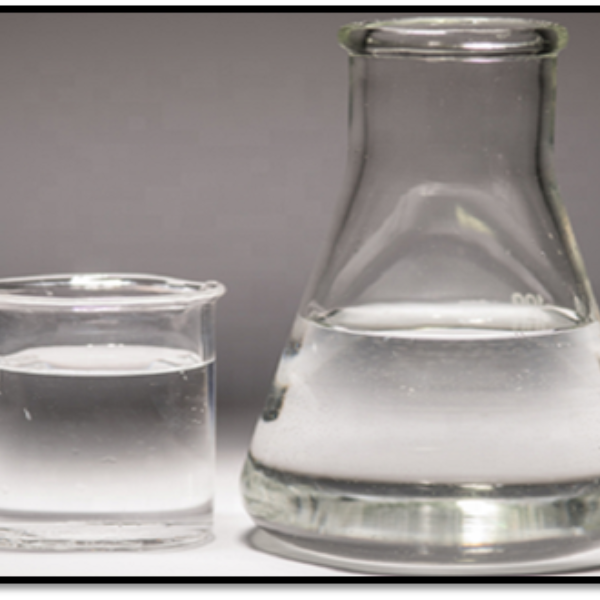Propylene Glycol is an organic chemical. It is a very useful chemical substance which is industrially produced from propylene oxide. It is classified as a diol and its chemical formula is C3H802.
Chemical Appearance
Propylene Glycol has the appearance of a viscous and colourless liquid. It is nearly odourless and has a somewhat sweet taste. It is soluble in water, acetone, and
chloroform.
Chemical Applications and Strengths
Propylene Glycol or Propane-1,2-Diol is an extremely useful chemical compound and therefore, has many industrial applications. Its main applications and strengths are:
• Propylene Glycol is most commonly used for the large-scale production of polymers. It is used as chemical raw material for the making of unsaturated polyester
resins (UPR). It reacts with unsaturated maleic anhydride and isophthalic acid to form a copolymer. • It is reacted with propylene oxide to make oligomers and polymers that are consumed for the production of widely used polyurethanes.
• It is useful in water-based acrylic architectural paints. It’s slow evaporation rate allows it to stop the surface from drying.
• It is approved for use indirectly as a food additive. It has the E-number E1520 for food applications. It is used in coffee-based drinks, liquid sweeteners, ice cream, and soda etc.
• It is widely used in cosmetics and pharmaceuticals. E490 is the number for cosmetic products and pharmacological products.
• It is applicable as a carrier or base for many types of makeup in the cosmetics industry.
• It is an ingredient of vaporisers used for pharmaceutical or personal care products delivery.
It is consumed as a humectant in hand sanitisers to avoid the skin from drying.
It is effectively utilised as a solvent and carrier for various insoluble pharmaceutical products.
. It is largely employed to de-ice aircrafts.
. It is used as a replacement of ethylene glycol in environment friendly automotive antifreeze.
• It is an essential ingredient of electronic cigarette liquids. It is used as both a carrier and for creating vapour in them.
It is very effective in depressing freezing point in slurry ice.
• It possesses the ability of trapping and preserving insects.
• Fake smoke and fog are created using Propylene Glycol for dramatic effect
• As an additive Propylene Glycol is expended in PCR to decrease the melting temperature of nucleic acids.
Propylene Glycol
CAS Number:
57-55-6
Other Trading Names:
• Propane-1,2-diol
• a-Propylene Glycol
• 12-Propanediol
• 12-Dihydroxypropane
• Methyl Ethyl Glycol
• Methylethylene Glycol
Types of Packaging
• Plastic drums with 200 kg weight capacity per drum.
• Steel drums with 200 kg weight capacity per drum.
• IBC drums with 1000 kg weight capacity per drum.
HS Code:
29053200






There are no reviews yet.